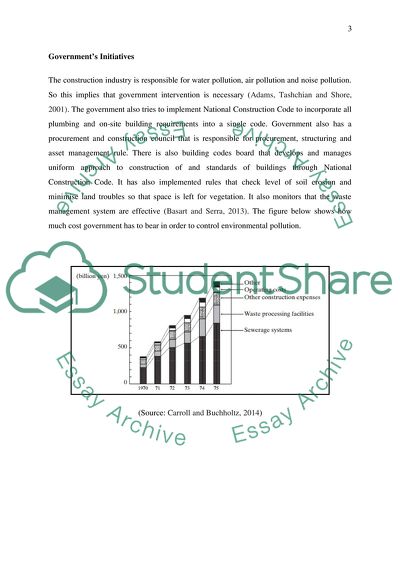Cite this document
(Ethics to Sustainable Growth in Engineering Enterprise Research Paper Example | Topics and Well Written Essays - 2000 words, n.d.)
Ethics to Sustainable Growth in Engineering Enterprise Research Paper Example | Topics and Well Written Essays - 2000 words. https://studentshare.org/engineering-and-construction/1880607-the-importance-of-ethics-to-sustainable-growth-in-engineering-enterprise
Ethics to Sustainable Growth in Engineering Enterprise Research Paper Example | Topics and Well Written Essays - 2000 words. https://studentshare.org/engineering-and-construction/1880607-the-importance-of-ethics-to-sustainable-growth-in-engineering-enterprise
(Ethics to Sustainable Growth in Engineering Enterprise Research Paper Example | Topics and Well Written Essays - 2000 Words)
Ethics to Sustainable Growth in Engineering Enterprise Research Paper Example | Topics and Well Written Essays - 2000 Words. https://studentshare.org/engineering-and-construction/1880607-the-importance-of-ethics-to-sustainable-growth-in-engineering-enterprise.
Ethics to Sustainable Growth in Engineering Enterprise Research Paper Example | Topics and Well Written Essays - 2000 Words. https://studentshare.org/engineering-and-construction/1880607-the-importance-of-ethics-to-sustainable-growth-in-engineering-enterprise.
“Ethics to Sustainable Growth in Engineering Enterprise Research Paper Example | Topics and Well Written Essays - 2000 Words”. https://studentshare.org/engineering-and-construction/1880607-the-importance-of-ethics-to-sustainable-growth-in-engineering-enterprise.


